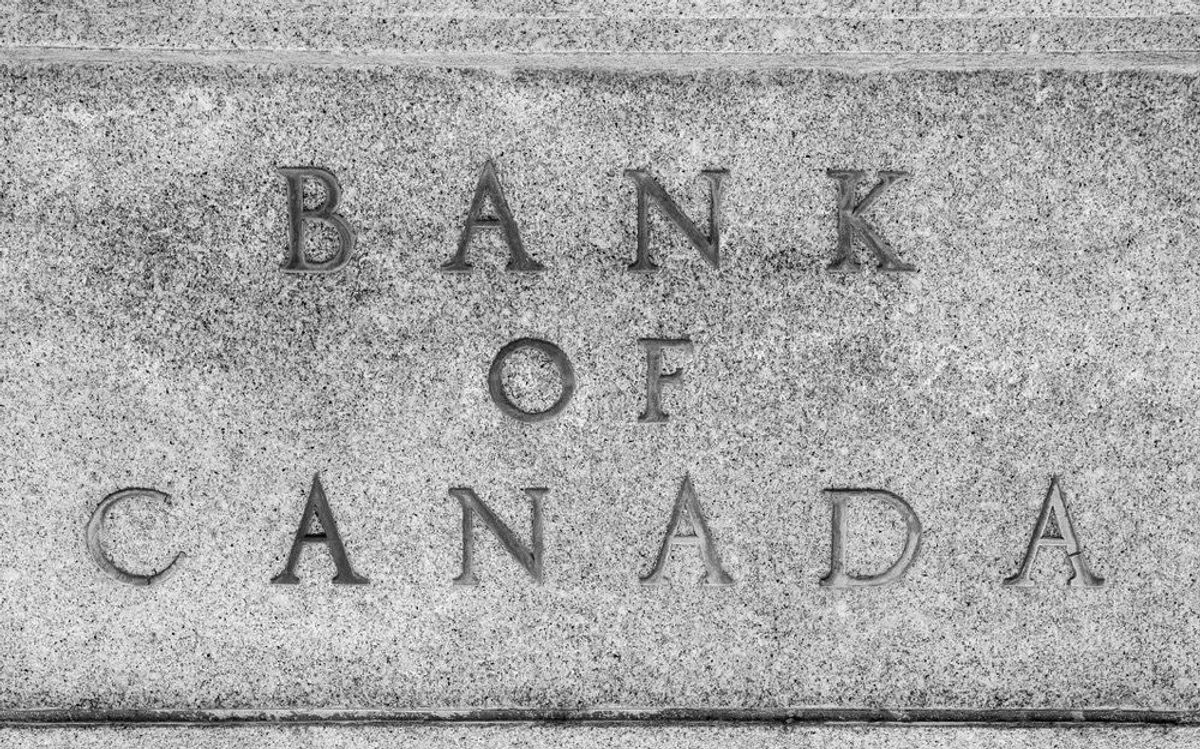After a nearly year-long correction, Canada's housing market has begun to find a sense of normalcy.
Although it was still down 9.2% from the record-high seen a year ago, the aggregate price of a home in Canada rose 2.8% quarter over quarter in Q1 2023, to $778,300, according to the latest Royal LePage House Price Survey.
Broken down by housing type, the national median price of a detached home increased 3.4% quarter over quarter to $808,700, while the median price of a condo was up 1.8% from Q4 2022 to $571,700. Prices were down 10.7% and 6.7%, respectively, on an annual basis.
The jump in prices coincided with the Bank of Canada's (BoC) decision to pause interest rate hikes, which brought buyers off the sidelines. According to Royal LePage, home sales have been trending upwards in major markets since the start of the year.
In the Greater Toronto Area, Greater Montreal Area, and Greater Vancouver, sales increased by at least 52% from January to February, and by as much as 44% from February to March. New listings increased month over month in the aforementioned markets as well, but there remains a "chronic" shortage of supply across the country.
"It's quite clear that the substantial market correction ended sometime in March, about 12 months after it started," Phil Soper, President and CEO of Royal LePage, told STOREYS. "The biggest piece of news out of the first quarter is the strength of the recovery. We're in store for a more normal market going forward."
"Confidence is retuning to the market. We're at the end of the correction. This report shows that it reached its natural conclusion when interest rates stopped rising."
As such, Royal LePage has revised its forecast for Canadian home prices. The real estate company is now predicting that the national aggregate price of a home will increase 4.5% in Q4 2023 compared to Q4 2022. While the forecast has been revised upwards, still-high interest rates will "keep a lid" on prices for the remainder of the year, Soper noted.

Although some buyers have emerged from the woodwork, the cost of borrowing is still keeping some on the sidelines. Soper implored the Office of the Superintendent of Financial Institutions (OSFI) not to impose even more restrictive mortgage stress tests, a course of action the regulator is currently considering.
If OFSI chooses to impose harsher mortgage restrictions, it would not only hinder the real estate industry's recovery, but could cause "real, significant problems" for the Canadian economy, he warned.
"People are frozen in place, like deer in the headlights with these high mortgage rates. By lowering the stress test and making it easier for people to work with today's mortgage realities, we'd free up more Canadians to trade and we'd get more product on the market," Soper said.
"Further restricting Canadians' access to mortgage financing right now would be a very dangers move to make economically."





















